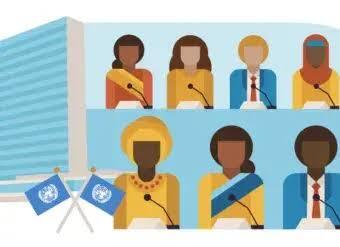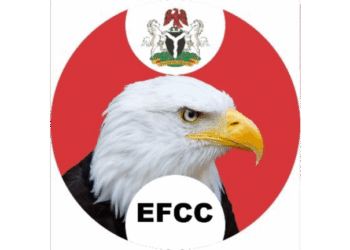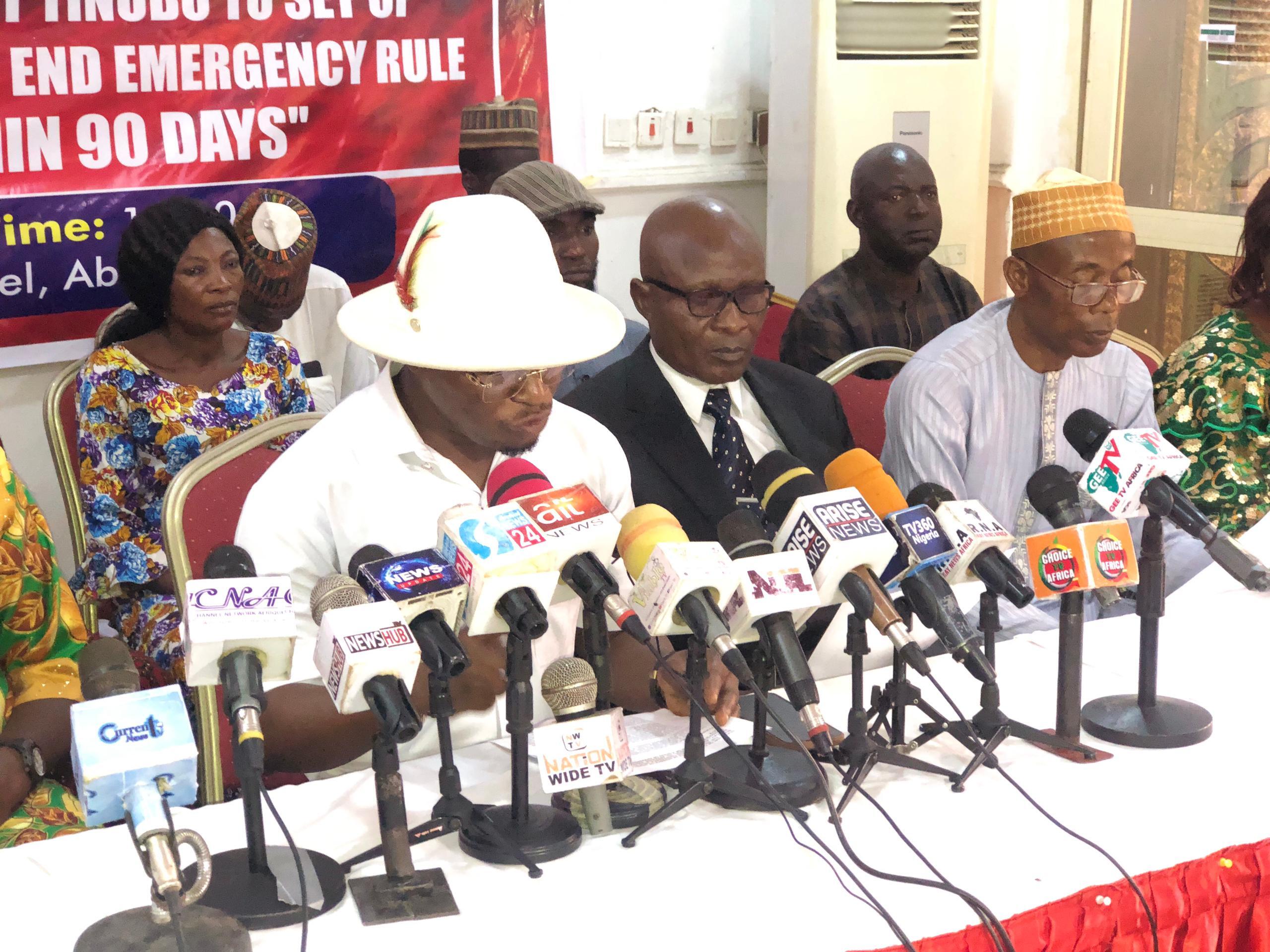By Jumai Ahmadu
In a world striving for sustainable development, the recent Political Declaration emerging from the Commission on the Status of Women (CSW) serves as both a beacon of hope and a call to action.
At the just consluded 69th Commission on The Status of Women (CSW69), that held for two weeks at the United Nations (UN) in New York, member states welcomed and adopted strong political declaration, committing to respect, protect and promote rights, equality and empowerment for all women and girls.
With its affirmation that gender equality and the empowerment of all women and girls are essential for achieving a sustainable future, this declaration challenges us to reflect on our progress, and our shortcomings, over the past three decades.
Our shared mission is one that resonates deeply with the principles of the Beijing Declaration and Platform for Action, which has long served as a roadmap for advancing gender equality and promoting sustainable development on a global scale.
As the world marks the 30th anniversary of the Beijing Declaration and Platform for Action, governments have adopted by consensus a powerful political declaration to respect, protect, and champion the rights, equality, and empowerment of women and girls.
Despite the passage of 30 years since the Fourth World Conference on Women, it is starkly evident that no country has fully realized the vision of gender equality. Major gaps and obstacles persist, leaving countless women and girls behind. The Declaration not only recognizes these challenges but also galvanizes us to act.
A good news is that Namibia has become the first country in African continent to have women as both President and Vice.
The new President of Namibia, Dr. Netumbo Nandi-Ndaitwah, found it befitting to appoint a female, Lucia Witbooi as her Vice President.
The new Namibian President also reduced cabinet from 26 to 14 ministers and 7 deputies. 8 of the ministers are women.
Confronting gender-based violence in all its forms—from online harassment to sexual violence in conflict—is another vital aspect of this agenda. We cannot claim to foster equality while allowing such violence to persist unchecked.
Moreover, the Declaration emphasizes the importance of women’s equal participation in decision-making processes.
Representation matters; when women are involved in shaping policies, the outcomes are more likely to consider the needs of all segments of society. This leads to more comprehensive solutions to pressing issues, such as climate change, health care, and education.
In an increasingly digital world, ensuring that women and girls have access to these fields is essential for fostering innovation and economic growth. By equipping them with the skills needed for the future, we empower them to take their rightful place in society.
The declaration also underscores the necessity of strengthening our commitment to human rights, addressing intersecting forms of discrimination that many women face. This nuanced approach is crucial if we are to create a truly inclusive society.
Women must be at the table where decisions are made that affect our world.
In conclusion, the Political Declaration is both a commitment and a challenge. It implores us to recognize our achievements while acknowledging the work that remains. As we move forward, let us embrace this call to action, ensuring that we not only promise change but also deliver it for the women and girls who deserve nothing less.
The Political Declaration’s steps forward are substantial, demanding that we:
1) Advance the Women, Peace, and Security agenda with financing for National Action Plans;
2) confront gender-based violence in all its forms—from the online threats to sexual violence in conflict;
3) ensure women’s equal participation in decision-making;
4) invest in education, STEM, and digital inclusion;
5) strengthen our commitment to human rights addressing intersecting forms of discrimination;
6) deliver concrete policies on care and social protection; and
7) hold ourselves accountable—ensuring that funding and data drive real progress on gender equality.
The Declaration also reaffirms our shared commitment:
– to CSW revitalization,
-to the Pact for the Future, and
– the Secretary-General’s System-wide Gender Equality Acceleration Plan.
And it calls for :
-the nomination of women for future UN leadership positions,
-for Secretary-General, and for President of the General Assembly.
No nation has yet fully achieved gender equality. This bold Declaration makes clear that the world’s governments recognize 2025 as a pivotal moment, where promises made 30 years ago can no longer be deferred.
Rising to the challenges and opportunities of gender equality requires collective, decisive action across member states, now more than ever. At a time when hard-fought gains for gender equality are under attack the global community has come together in a show of unity for all women and girls, everywhere.
As we reflect on the progress made over the last decades, we must also acknowledge the challenges that persist. These include economic disenfranchisement and inequality that affect diverse youth and women disproportionately, undermining their potential and resilience.
It is our collective responsibility to address these barriers through proactive collaboration and creative solutions.
The transformative power of economic empowerment is an initiative that have provided countless individuals with the skills, resources, and support they need to break free from the cycle of poverty and contribute positively to their communities.
We believe that when women and youths are empowered, families thrive, economies flourish, and societies prosper.
We hereby reaffirm our commitment to empowering women and diverse youths as we strive to create a future where equity, opportunity, and justice are accessible to everyone.
Dr. (Mrs.) Jumai Ahmadu is Ag. Director, Reform Coordination and Service Improvement Department, FCTA, Social Entrepreneur and President, Helpline Social Support Initiative, Abuja










